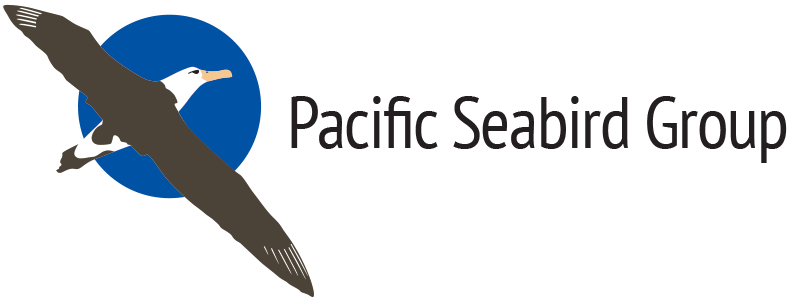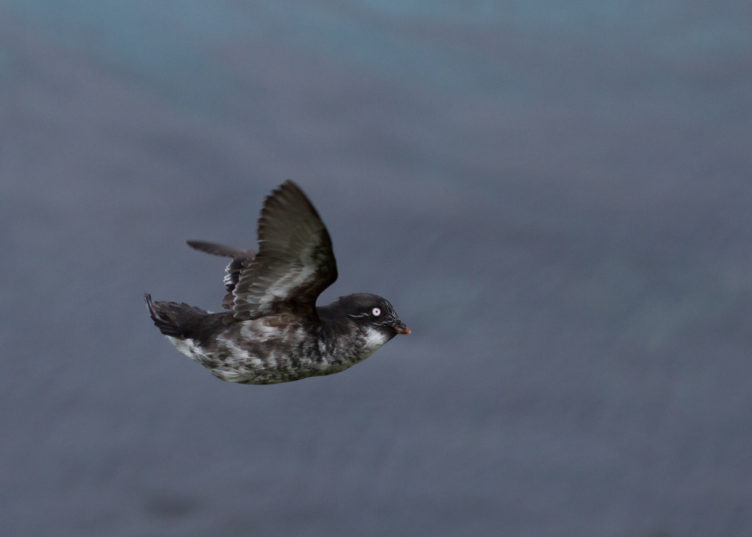Early Career Scientists
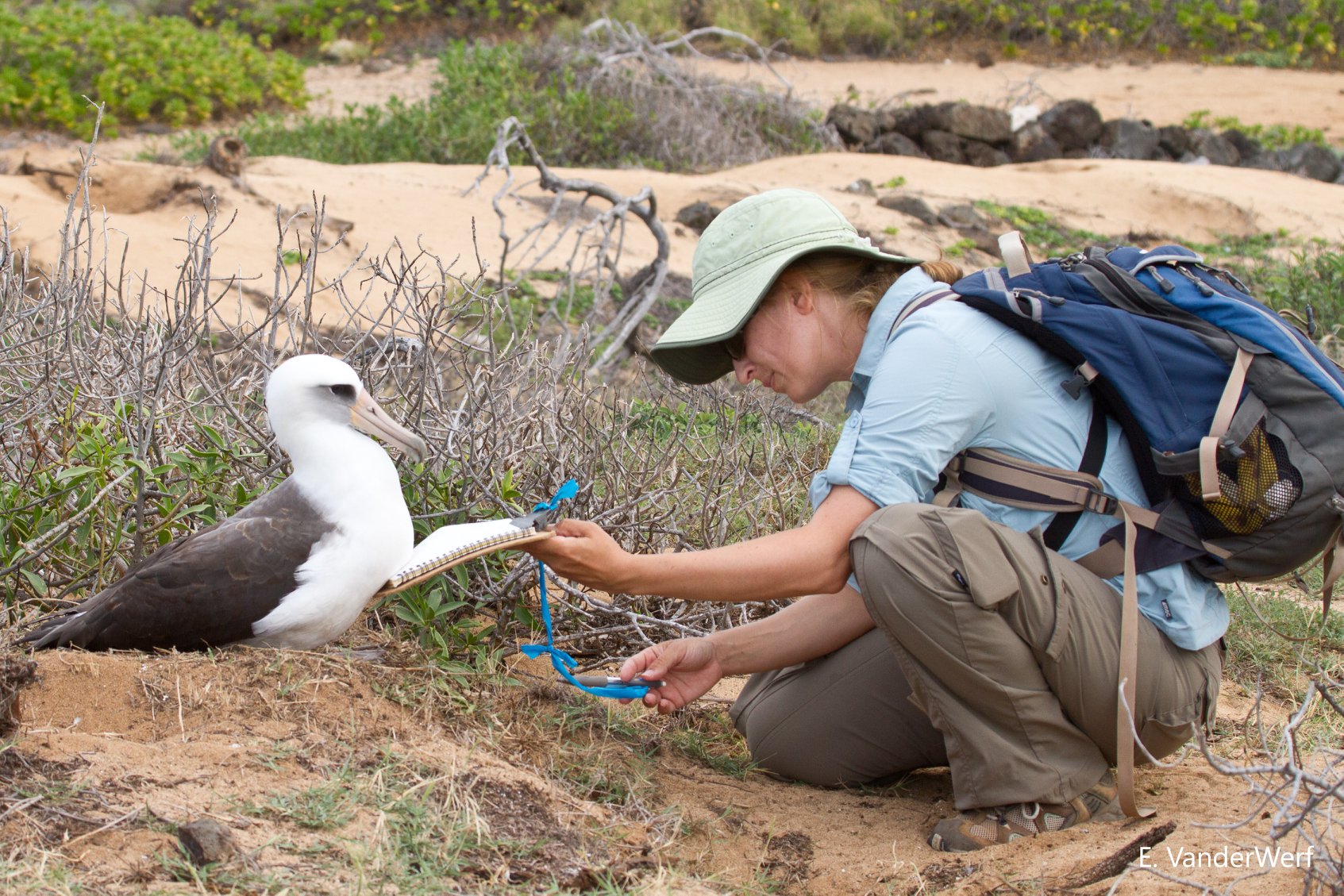
PSG is committed to supporting early career scientists. As a PSG Early Career Scientist Member, you can:
- Apply for a PSG Conservation Fund Grant (up to $2,000) to fund your research
- Apply for travel funding to help you attend our Annual Meeting
- Participate and volunteer in the many activities at the Annual Meeting, such as the Early Career Scientist Panel and Mentor-Mentee Mixer
- Serve as the PSG Regional Representative or volunteer with one of PSG’s committees to make your voice heard in PSG
- Publish your research with PSG’s Publications
- Submit original research for peer-review via Marine Ornithology
- Publish short research notes or observations (or volunteer!) with Pacific Seabirds
If you have not previously been a PSG member, you may also be eligible to apply for a 1-2 year sponsored membership via PSG HELPS. PSG is a society of professional seabird researchers and managers dedicated to the study and conservation of seabirds—join us today!
Stay in the loop! The Pacific Seabird Group maintains an email list for information exchange about Pacific seabirds. The email list is open to everyone, but does require adherence to PSG’s Code of Conduct. To join the email list, click here.
Ready to dive in? Contact the Communications Committee to learn more: communications@pacificseabirdgroup.org.
PSG Early-Career Scientist Member Highlights
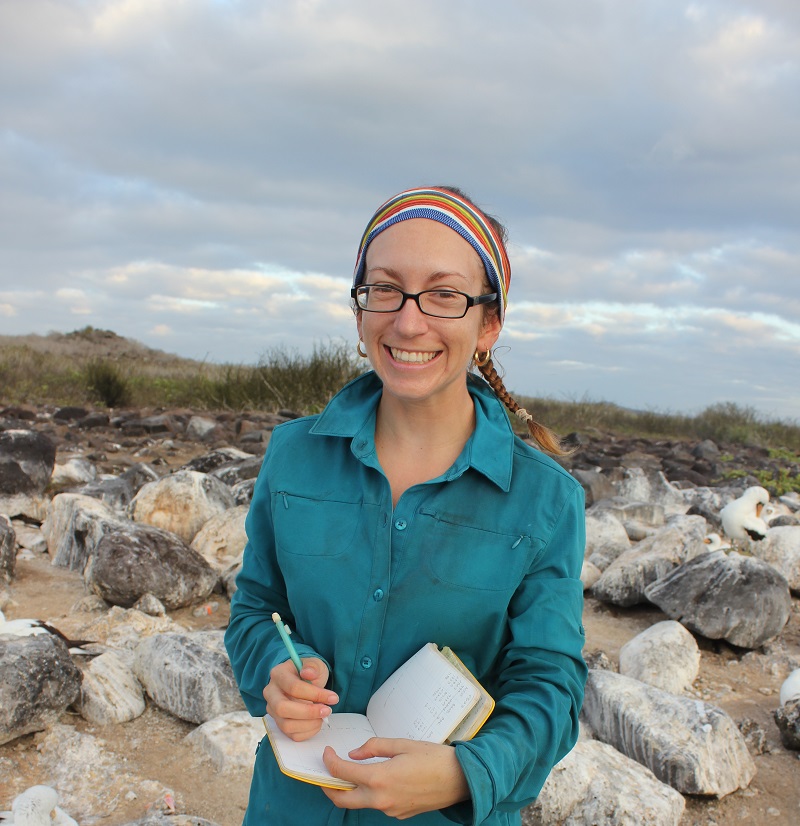
Jenny Howard, Galapagos Islands
I work with Nazca boobies (Sula granti) in the Galapagos Islands. There, I used GPS loggers and accelerometers to ask how foraging, diving, and flight performance change with age, sex, and environmental factors. Nazca boobies can live to 28 yrs and experience reproductive senescence–a decline in breeding success in late-life. Breeding success is linked tightly with good foraging performance and/or high prey availability, but how does foraging performance change with age? My research investigates that link, to connect to documented declines in reproductive success in old age. Photo by Kristin Brunk.
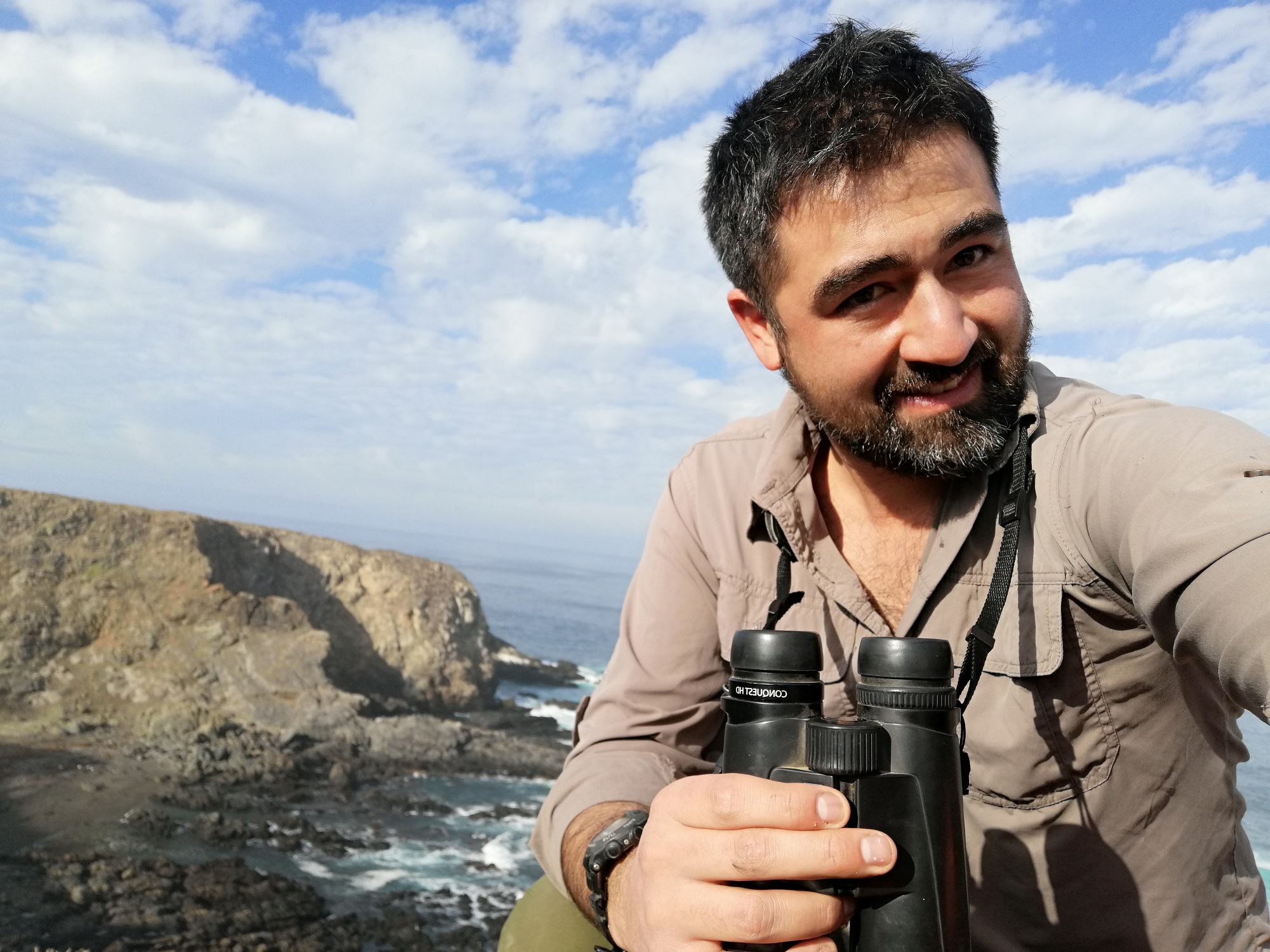
Rodrigo Silva, ROC (Chile)
I am a veterinarian by profession and I have a MSc in Wilderness Conservation. I live in the countryside near Santiago, Chile with my wife and 2 daughters. I’m very involved in the NGO Red de Observadores de Aves y Vida Silvestre de Chile (ROC – The Network of Chilean Birders) where I serve as Coordinator of the Seabird Program. This program encompasses our research and conservation actions related to storm-petrels along with other threatened seabirds such as the Peruvian Tern (Sternula lorata), Grey Gull (Leucophaeus modestus), and Peruvian Diving Petrel (Pelecanoides garnotii).
Do you want to be PSG’s next featured Early-Career Scientist? Or would you like to nominate someone? Fill out the form here!
